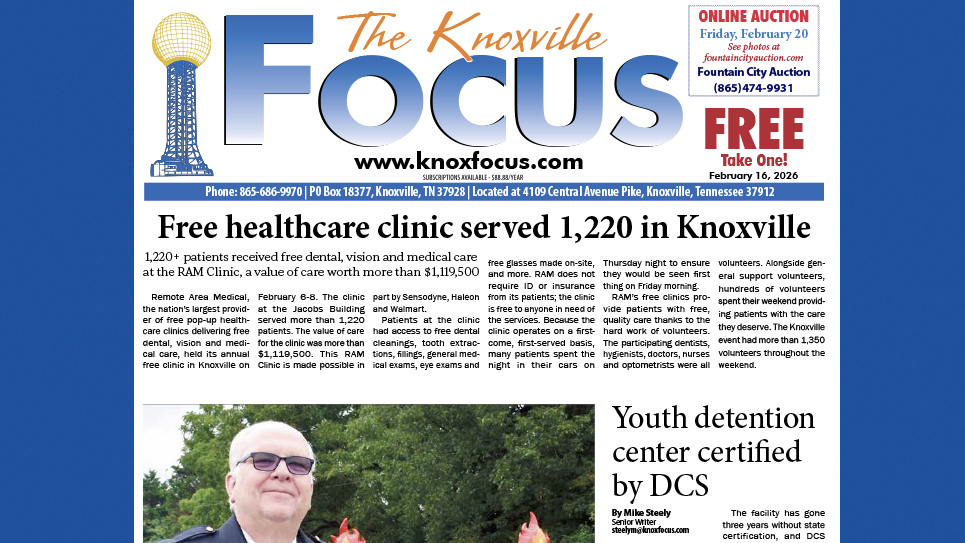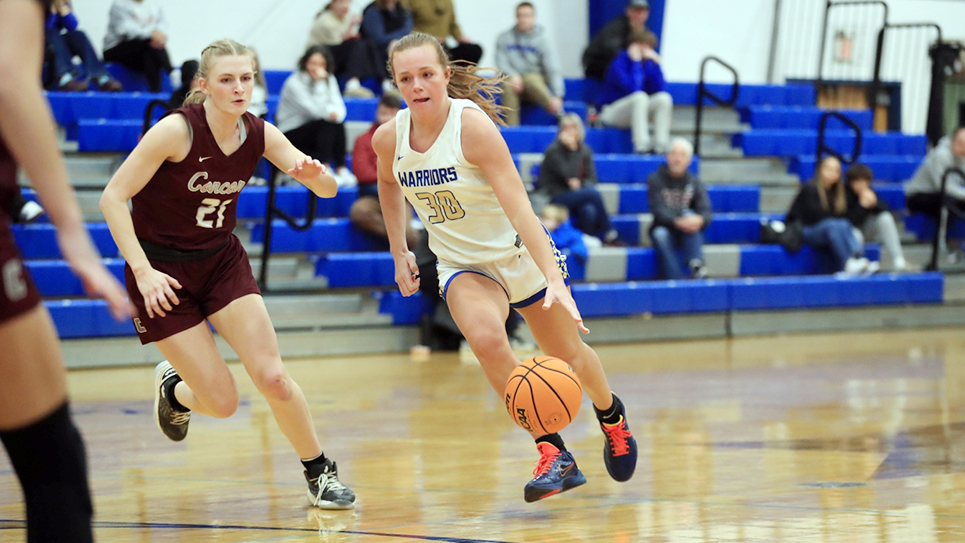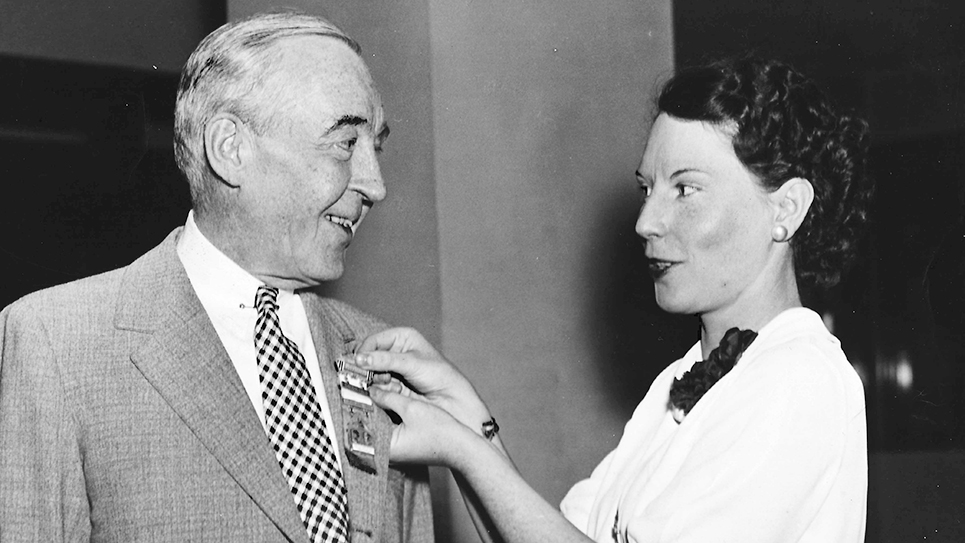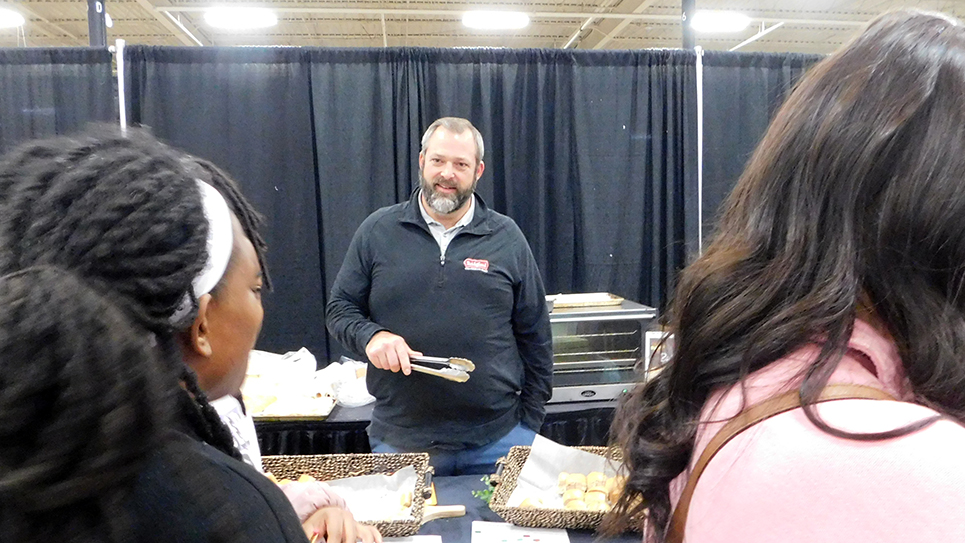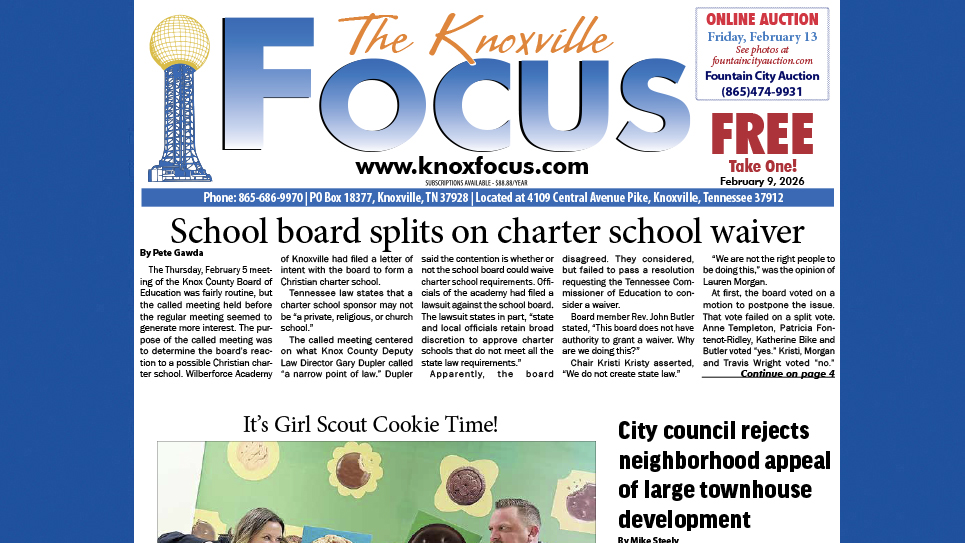Election commission readies for November city election
By Mike Steely
Senior Writer
steelym@knoxfocus.com
The Knox County Election Commission met Wednesday morning to certify the results of the recent City of Knoxville primary election and set up plans for staffing and holding the November 4th city general election.
During the meeting, Knoxville City Attorney Charles Swanson asked the commission to change the wording on the November ballot dealing with the proposed sales tax option. The request was to indicate the referendum question as “Number One.” Election Commissioner Eddie Smith said that would confuse voters since there is no “Number Two” issue on the ballot.
Chairwoman Hannah Hooper agreed and said that if “Number One” was used, voters would be “flipping over the ballot” looking for “Number Two.” The commissioners adopted what was proposed without a number assigned.
The City of Knoxville Sales Tax Referendum will read as follows: Shall the two and one-quarter percent (2.25%) local option sales tax rate currently levied throughout Knox County be increased to two and three-quarters percent (2.75%) in the City of Knoxville?
Voters will choose For or Against.
The commission also discussed the reasons why some people fall off the voting rolls, including deaths, felony convictions, and moving out of the area.
Davis said that purging inactive voters, under a new state law, would increase the percentage of actual voters.
After calling the 11.88% city primary turnout “lackluster,” Davis noted that in one contest, only 22 votes separated the candidates. He also said the schools being open for classes while voters used the facilities may have cut back on Election Day participation.
Candidate asks for refund
Before the Knox County Election Commission got to business in its scheduled meeting last week, The Focus asked Chris Davis, administrator of elections, about an email from a primary candidate.
The candidate had shared his correspondence with Davis earlier this month with several parties, including elected officials and the media. He claimed that the list of Republican voters in his district that he’d purchased from the election commission was “inaccurate, incorrect, incomplete, ineffective and unusable for any campaign.”
He claimed the list contained Democrats, bad phone numbers or listed folks who lived out of his district. While he was expected at the meeting, he did not appear.
The question to Davis was how the list of Republicans was obtained and what it included. Davis explained the only way to access the names was to refer to the previous city primary election and see who voted in the Republican primary. Since Tennessee has no political party registration, a voter can vote in any party primary, no matter their affiliation.
The candidate is asking that the $41 that he spent on the list be refunded. He came in last in a multi-candidate race. Davis said the cost of the list would not be refunded.

